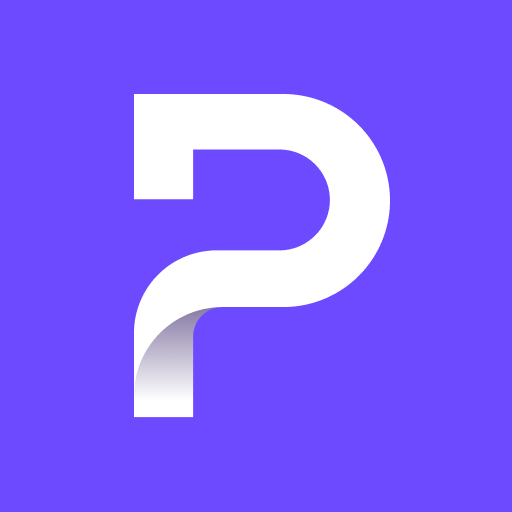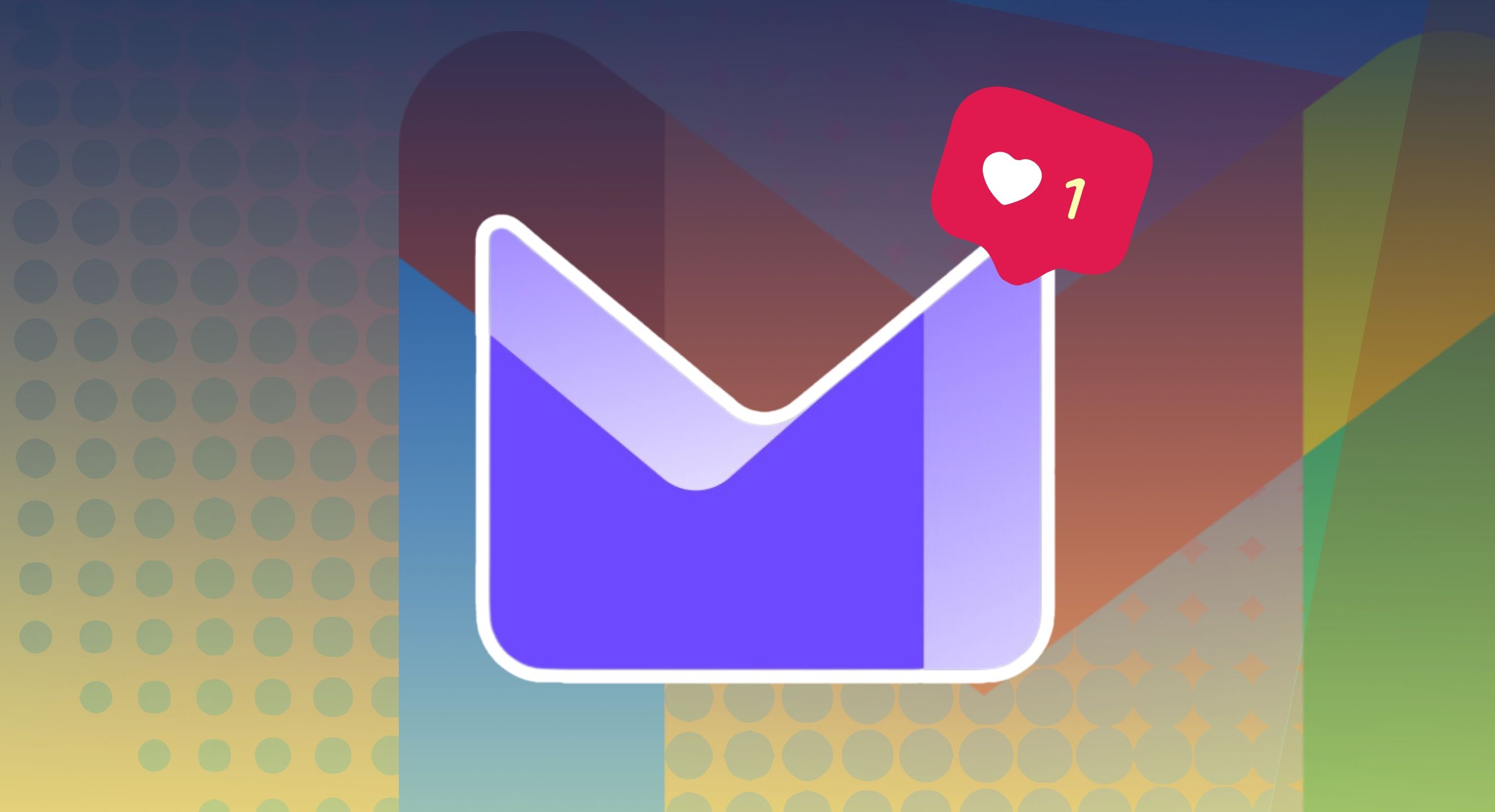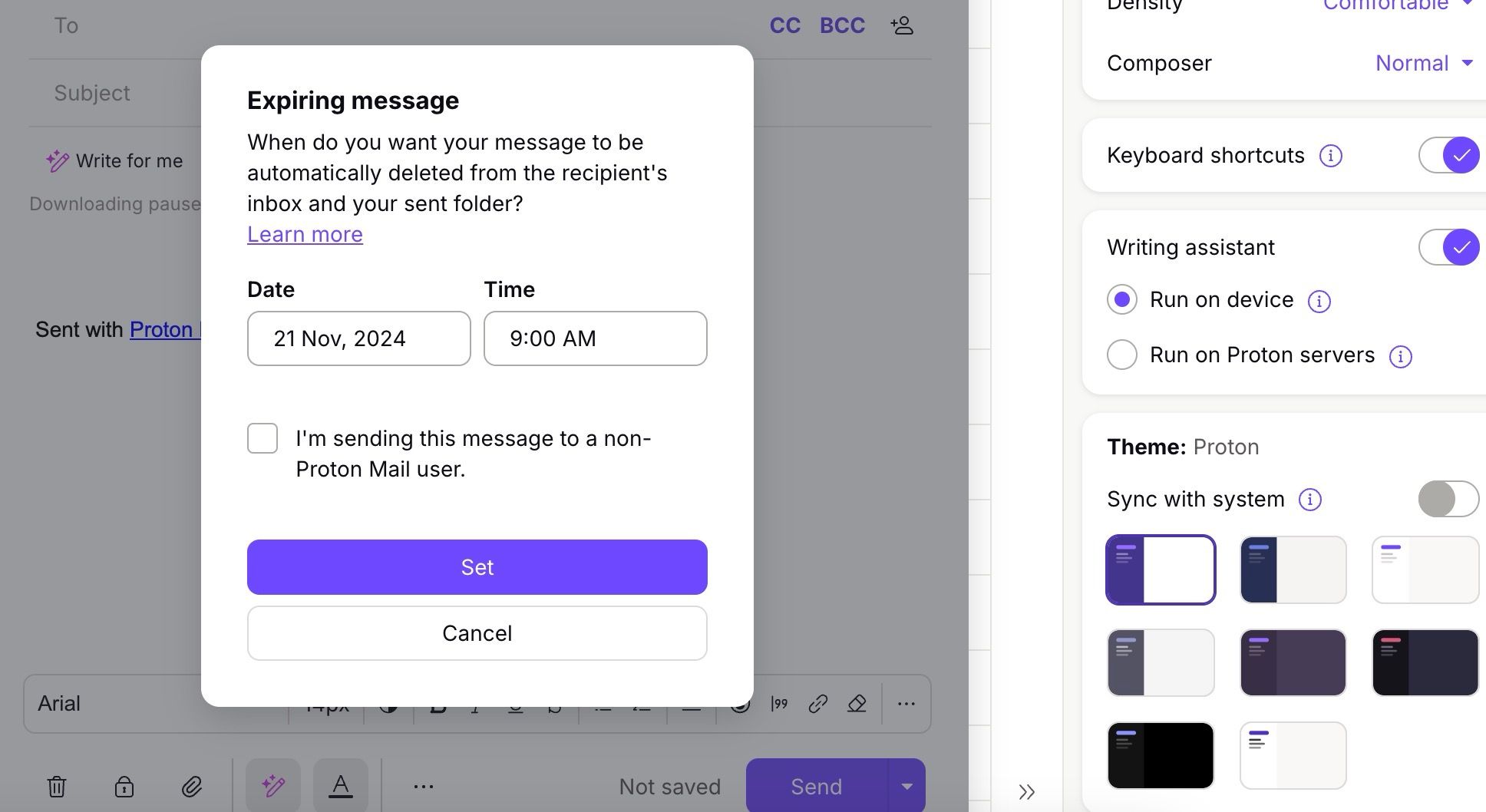When it comes to email, most of us stick with Gmail, especially Android users, because services like the Google Play Store don’t work without a Gmail account. However, there’s no shortage of email services. Among them, Proton Mail has been gaining traction. But what is Proton Mail, and how does it differ from traditional email services? Here’s everything you need to know.
What is Proton Mail, and how is it different?
Proton Mail focuses on privacy and encryption to keep your emails safe
Just as Gmail is Google’s emailing service, Proton Mail is a privacy-focused email platform developed by scientists and engineers at CERN in Switzerland. The service was founded in 2013 and has become popular with individuals and businesses concerned about data protection.
Unlike email services like Gmail and Outlook, Proton Mail’s strength is its end-to-end encryption and commitment to privacy. While most email providers often scan your inbox for advertising purposes, Proton Mail takes the opposite approach. Emails are encrypted before they reach Proton’s servers, meaning not even the company can read them.
The best part is that Proton Mail is headquartered in Switzerland, a country known for its strong privacy laws. This offers an extra layer of legal protection, as the service isn’t subject to surveillance agreements like the CLOUD Act or GDPR like other email providers.
How Proton Mail’s end-to-end encryption works
Learn how Proton Mail keeps your emails truly private
Proton Mail’s end-to-end encryption ensures your emails remain secure from the moment they leave your device until they reach the recipient. When you send an email using Proton Mail, the message is encrypted on your device with your public key and sent to Proton Mail’s servers, where it remains encrypted.
When the recipient, who also uses Proton Mail, receives the email, their private key decrypts the message on their device. This ensures that only the intended recipient can read the email. You can still send encrypted messages to non-Proton Mail recipients by setting up a secure password that the recipient uses to access the email.
Proton Mail: Price, plans, and features
Learn about the tiers and features Proton Mail offers
Similar to Gmail and Outlook, Proton Mail offers a free plan to get started. However, the free tier has limitations, such as a cap of 150 messages per day and 1GB of storage. Proton Mail offers paid plans like Plus and Proton Unlimited, which require a monthly or yearly subscription. Here’s a breakdown of the plans:
|
Plans |
Free |
Mail Plus |
Proton Unlimited |
|---|---|---|---|
|
Price |
Free |
$4.99 a month or $48/year |
$12.99 per month or $120 a year |
|
Storage |
1GB |
15GB |
500GB |
|
Messages per day |
150 |
Unlimited |
Unlimited |
|
Email address(es) |
1 |
10 |
15 |
|
Custom domain |
0 |
1 |
10 |
|
Other Perks |
Free access to Proton Calendar, Drive, Pass, and VPN |
10 hide-my-email aliases, unlimited folders and labels, calendar sharing |
All Plus features, unlimited hide-my-email aliases, higher VPN speed, more VPN servers, Proton Pass |
While Proton Mail’s headlining feature is privacy, it offers numerous tools and features that make it more than a secure Gmail alternative. Here are some of Proton Mail’s standout features.
End-to-end encryption: Secure your messages with E2EE
Every email sent via Proton Mail is automatically encrypted on your device before it’s sent to their servers. This means that if someone intercepts your email during transmission, all they see is gibberish. The intended recipient is the only person who can decrypt and read your message.
Open source: Transparency is built into Proton Mail
Proton Mail’s code is open source, meaning anyone can inspect it for vulnerabilities or backdoors. This level of transparency isn’t usually seen among major email providers like Gmail and Outlook.
Self-destructing emails: Emails that disappear on your terms
Proton Mail includes a self-destructing email feature that lets you set a timer for messages to automatically delete from the recipient’s inbox after a specified duration. This feature even works for recipients using other email services, though you’ll need to send an encrypted email protected by a password.
Zero tracking: No ads, no trackers, full privacy
While other email services track your inbox behavior for advertisements, Proton Mail has a strict no-tracking policy. Your inbox activity is fully protected and not monitored in any way. While Gmail scans your inbox for features like adding calendar events or syncing flight details to At a Glance on Google Pixel smartphones, Proton Mail ensures your email interactions remain private.
Apps for desktop and phone: Proton Mail on all your devices
While Gmail offers apps for iPhone and Android, it lacks a dedicated app for desktop devices. Proton Mail, on the other hand, provides apps for desktops and phones so that you can access your account (securely) from any device.
Other features worth noting: Tools to simplify your email life
In addition to these, Proton Mail offers several features that might tempt you to switch. For instance, it includes options like scheduling emails, a one-click unsubscribe button for marketing emails, and a Hide-my-email feature to mask your real email address for added privacy. It also supports custom domains, making it ideal for businesses.
Proton Mail also offers features like auto-reply for when you’re away and calendar integration. Since switching email providers isn’t easy, the service includes easy email imports from Gmail and automatic Gmail forwarding.
Who should use Proton Mail and why?
An ideal email service for users prioritizing security and encryption
Should you switch to Proton Mail? Switching to Proton Mail may not make the most sense if you use another email service. The free plan has limitations, and you’ll pay for the Plus plan. Additionally, you’ll lose access to Google ecosystem perks, like automatic inbox scanning for calendar events.
However, Proton Mail is worth considering if you prioritize privacy and are tired of surveillance-driven big-tech business models. It’s popular among activists, journalists, and professionals who handle sensitive information, offering protection from hackers, governments, and other malicious actors.
Secure emails for privacy-conscious users
Proton Mail isn’t trying to replace Gmail or Outlook. It offers something entirely different. Proton Mail’s rich feature set appeals to those who value privacy and security. The best part? Switching from Gmail or other email providers to Proton Mail is seamless.

Proton Unlimited
Proton Unlimited is the company’s premium subscription service that gives you access to the top-end versions of Mail, Calendar, Drive, VPN, and Pass. If you want the full Proton package, you’ll want to sign up for a monthly or yearly subscription to Proton Unlimited.







